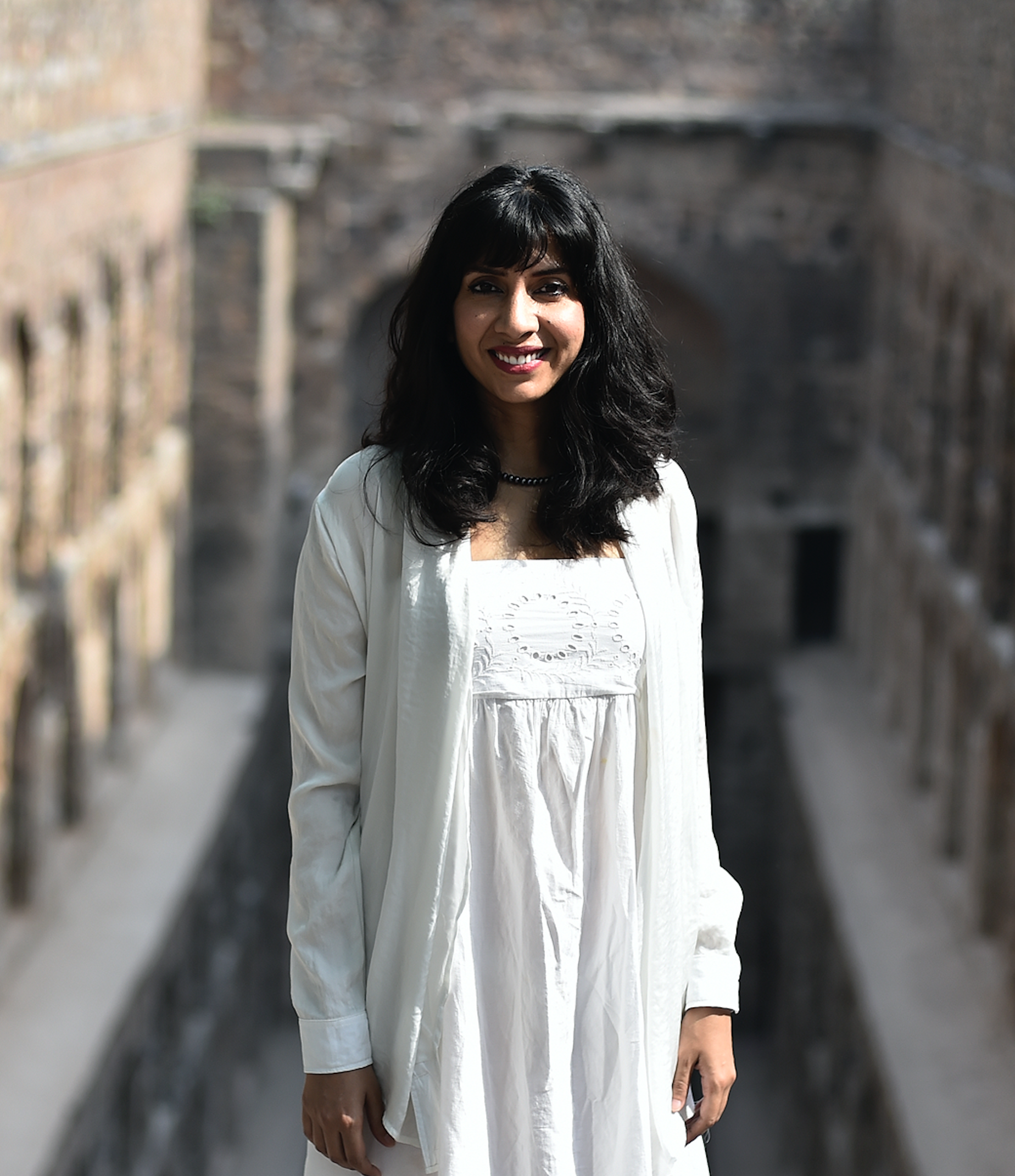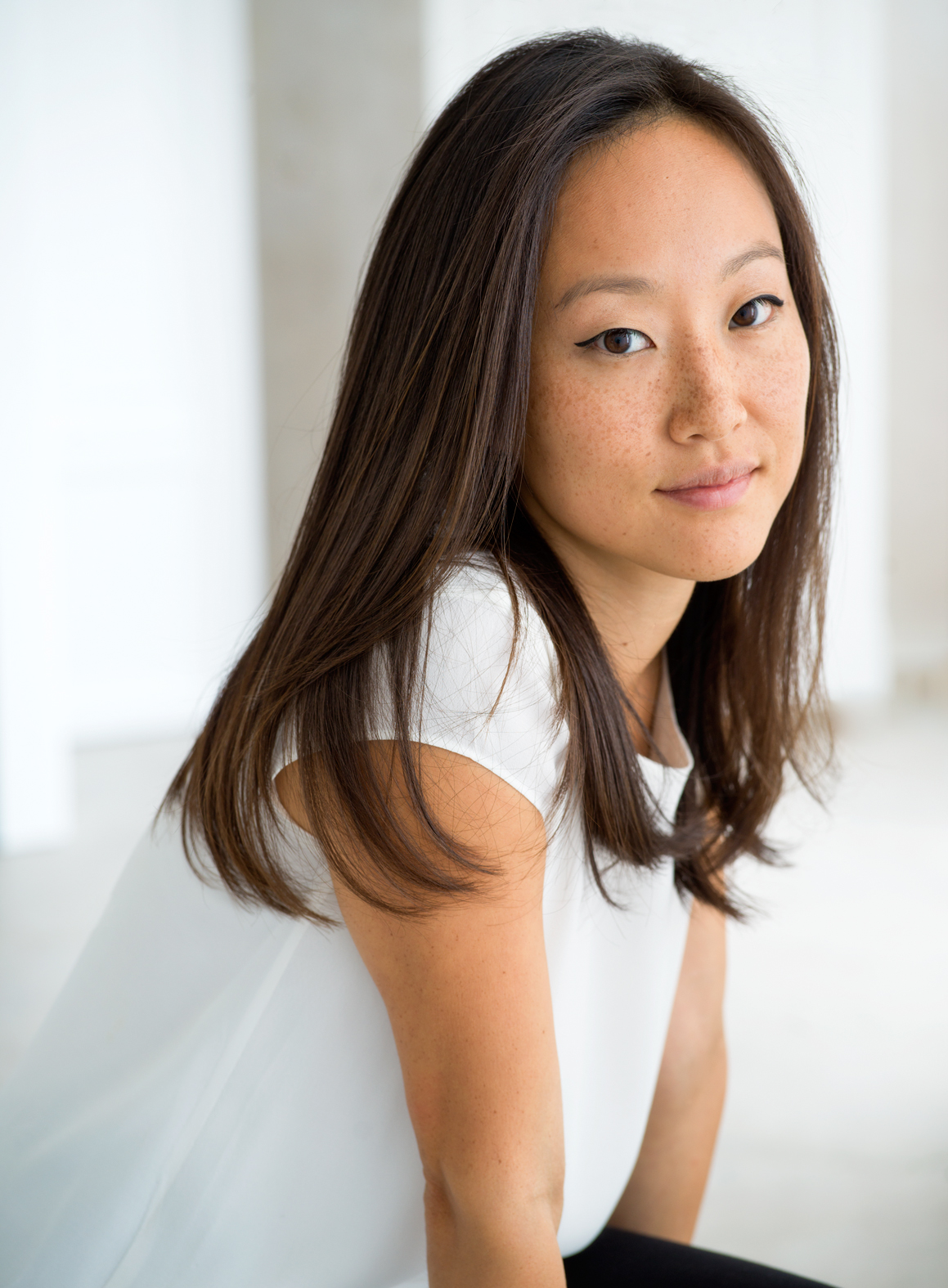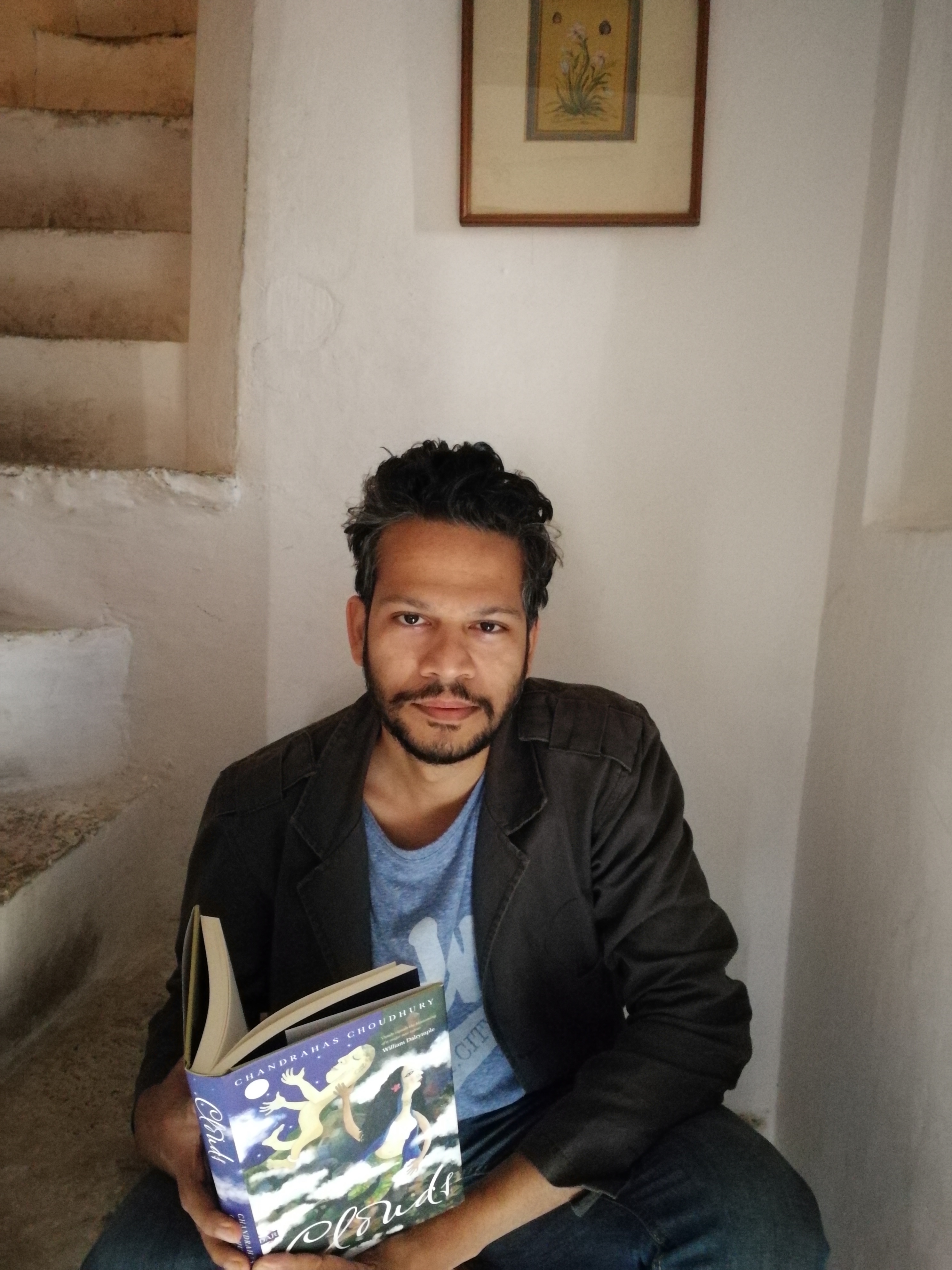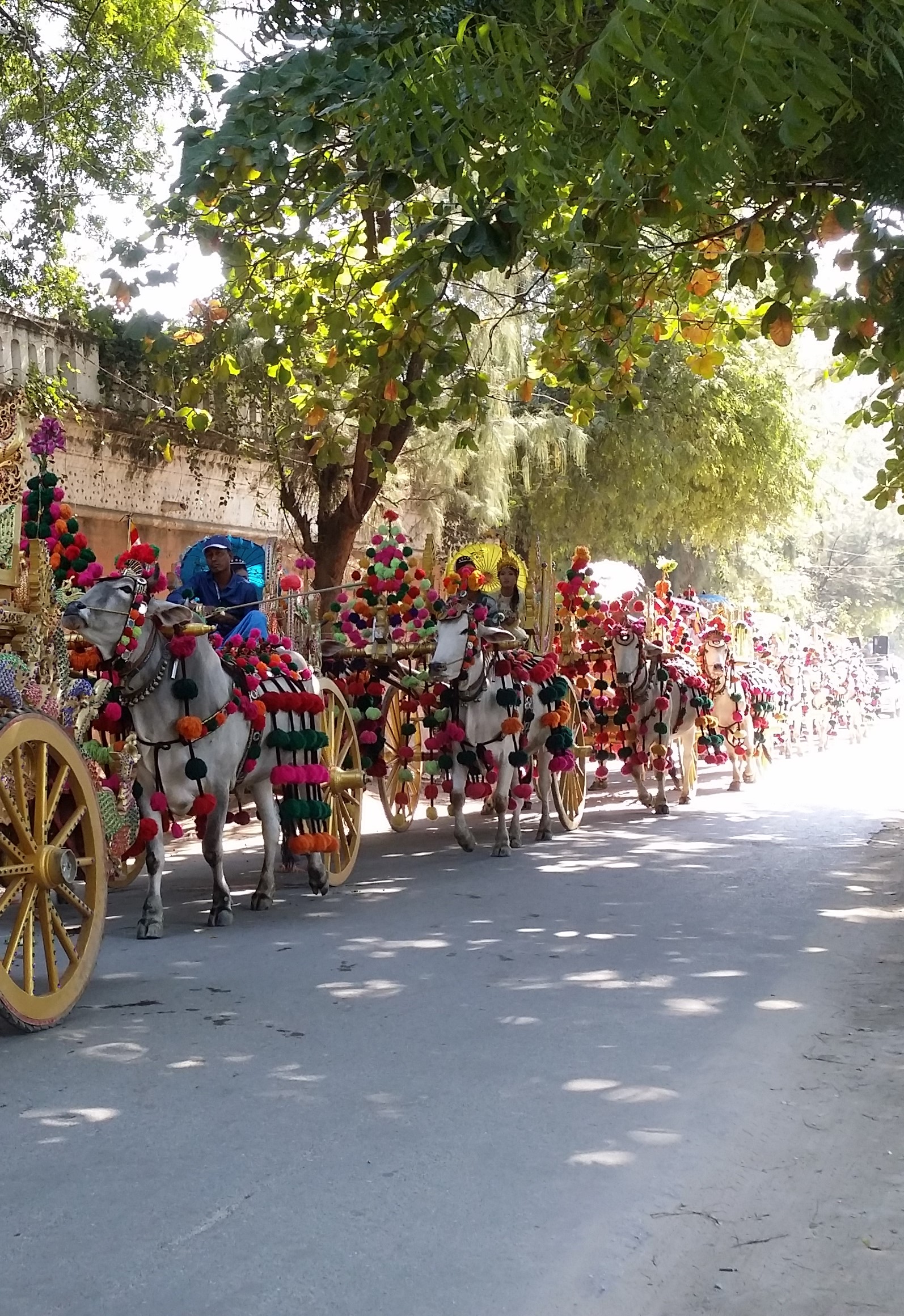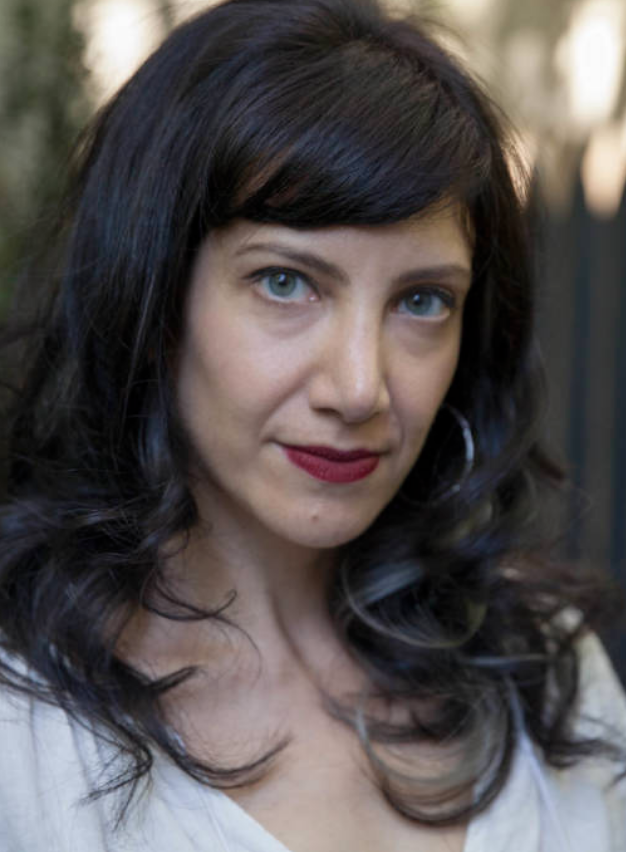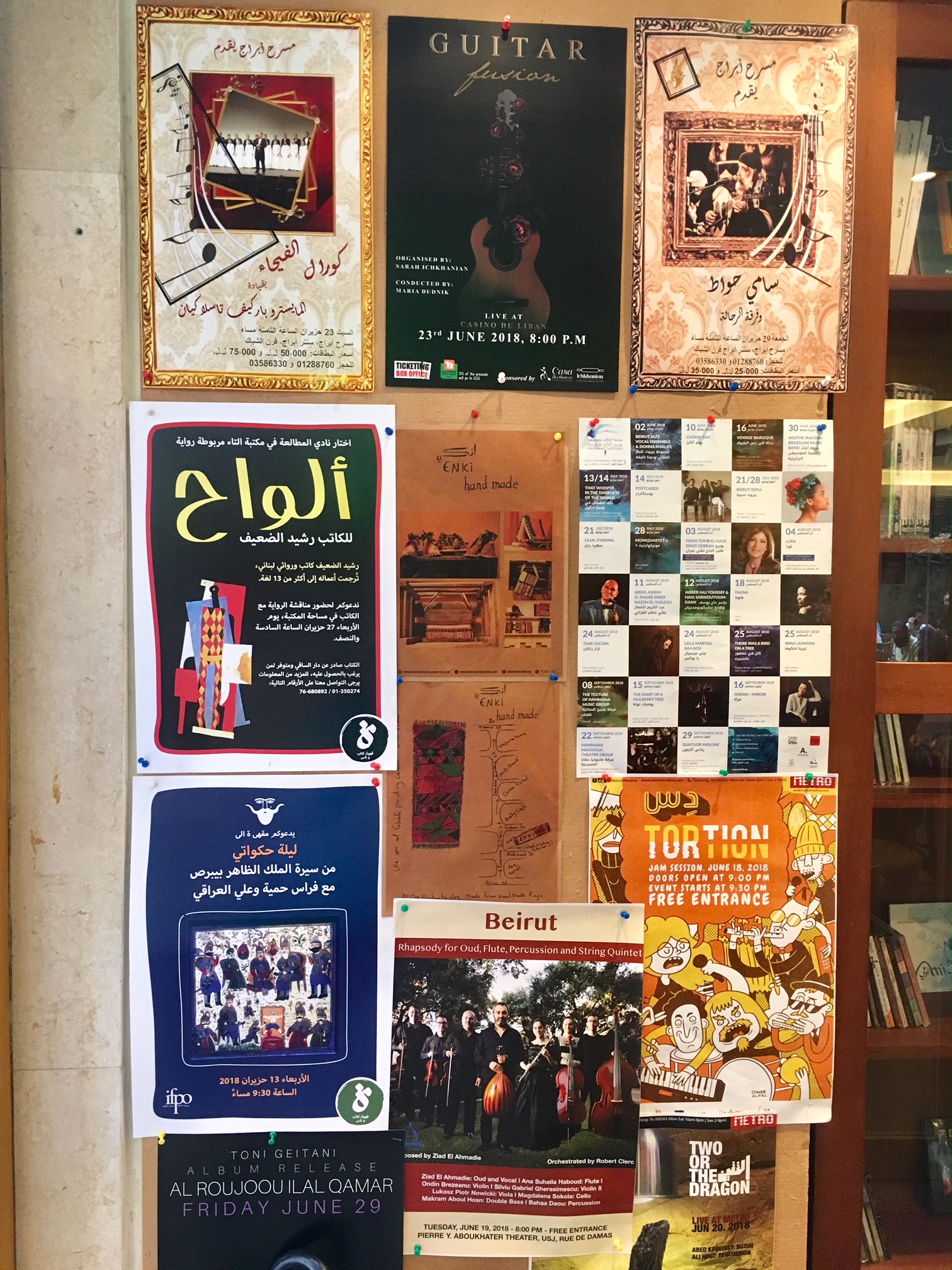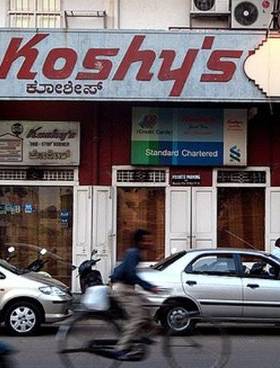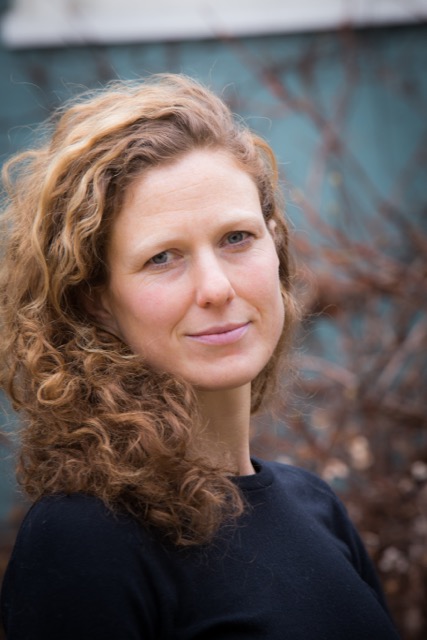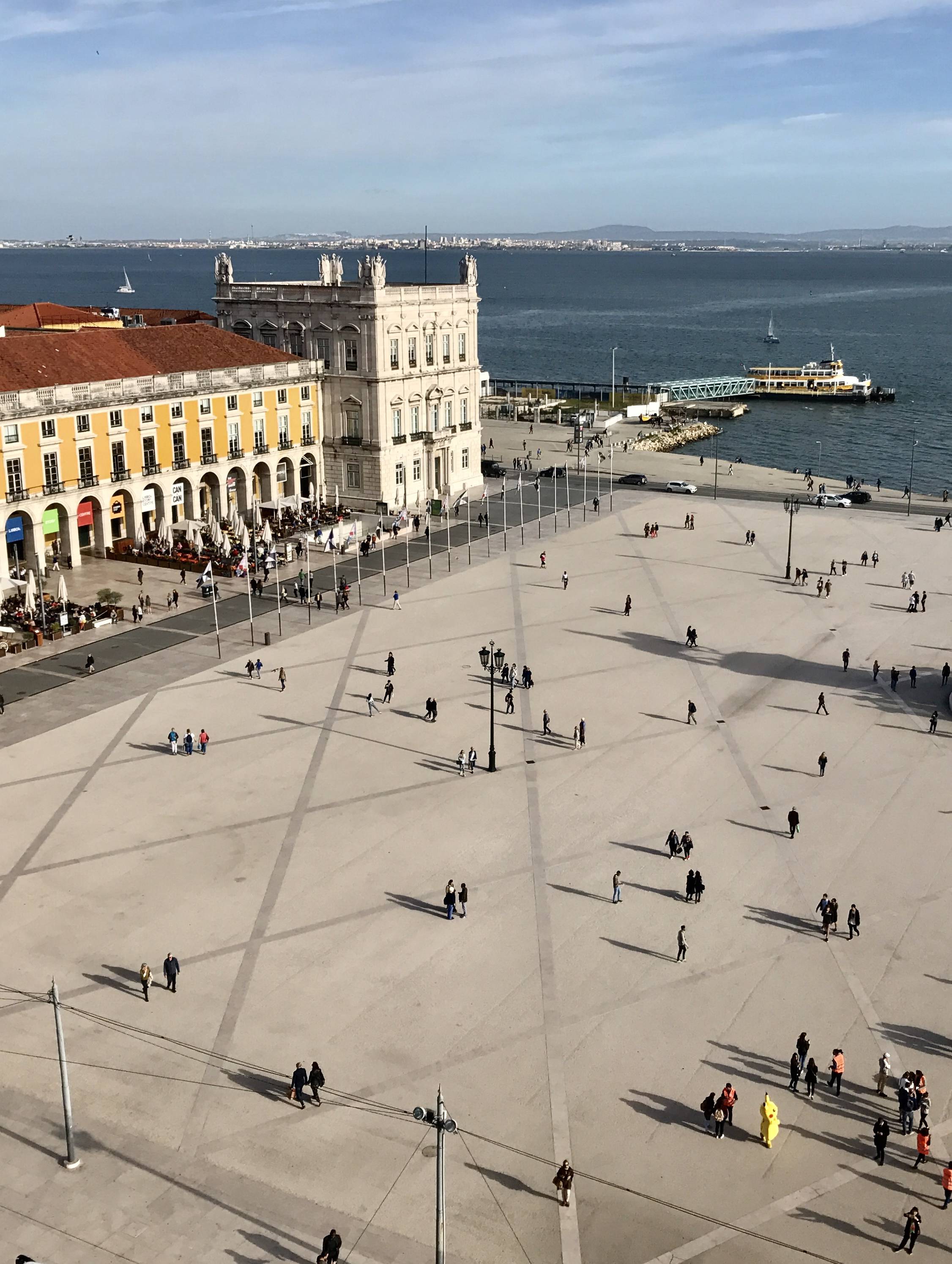
NEHA KIRPAL interviews CHANDRAHAS CHOUDHURY
Chandrahas Choudhury is a novelist and columnist based in New Delhi. His first novel Arzee the Dwarf was shortlisted for the Commonwealth First Book Prize and chosen by World Literature Today as one of “60 Essential English-Language Works of Modern Indian Literature.” Choudhury is also the editor of India: A Traveler’s Literary Companion.
Released by Simon & Schuster this year, Clouds is Choudhury’s second novel. While fictional, the book weaves in topical themes of religion, democracy, and politics in India.
Via email, Neha Kirpal recently spoke with Choudhury about the people and places that influenced Clouds’ narrative and characters, his obsession with clouds, and a recent mango trail he undertook across the subcontinent.

